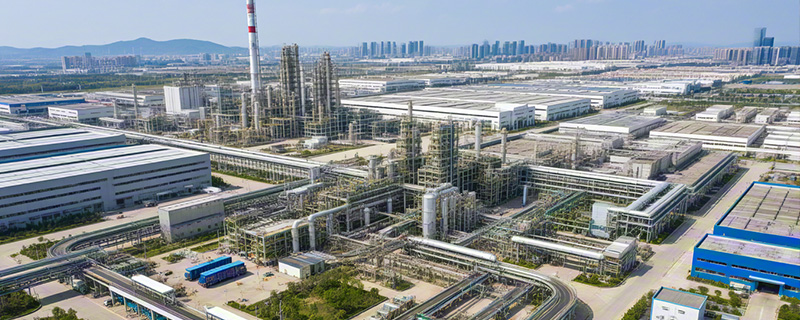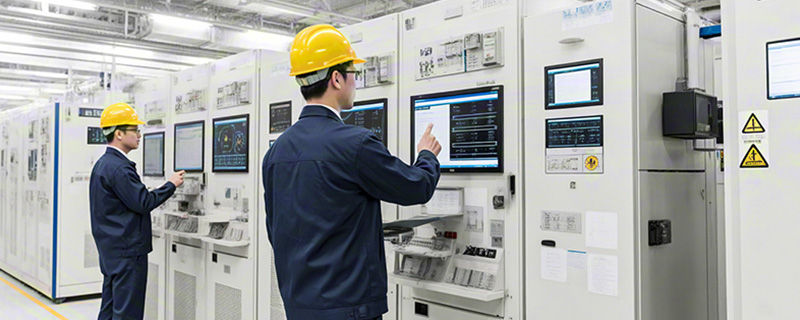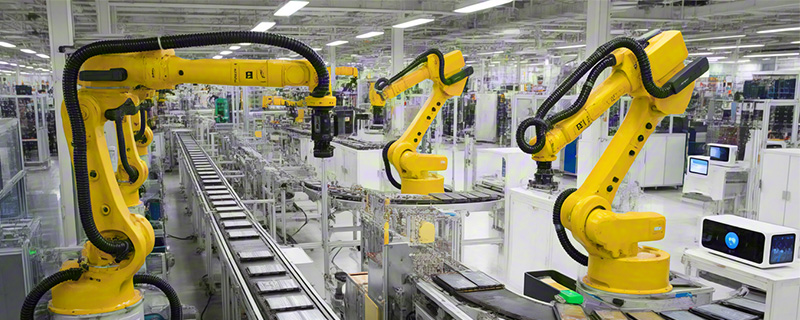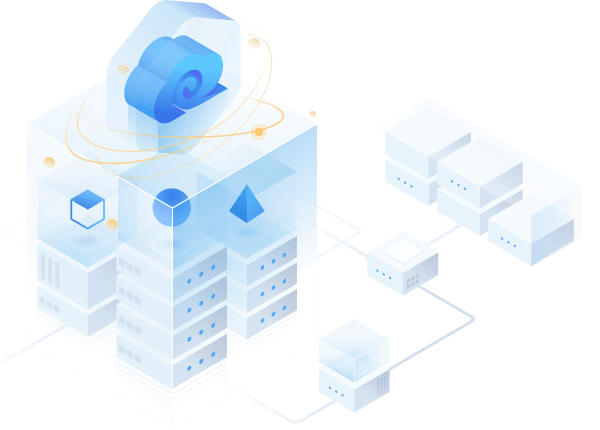 Industry Requirements
Industry Requirements
Driven by the deep integration of "smart manufacturing" and the Industrial Internet, the manufacturing sector is rapidly advancing toward digitalization, networking, and intelligent transformation. Across discrete manufacturing (e.g., automotive, electronics) and process manufacturing (e.g., tobacco, chemicals), as well as from traditional to high-tech fields (e.g., semiconductors, 5G equipment), manufacturers increasingly demand higher stability, security, and efficiency in network resource management.Key challenges include:
Challenge of Mass Terminal Access Management
With the rapid growth of Industrial IoT (IIoT) devices, AGV robots, and sensors, traditional IP allocation methods have become inefficient, often leading to address conflicts and resource waste — ultimately impacting production line continuity.
High Real-Time and Reliability Requirements
Production control systems such as MES and SCADA rely on low-latency, highly available network services. Slow DNS responses or DHCP failures in traditional architectures can lead to production interruptions or data loss.
Inefficient Cross-Region Resource Coordination
In multi-factory and multi-branch environments, network resources are often fragmented and lack centralized scheduling, resulting in low efficiency in cross-regional data synchronization and collaborative manufacturing.
Growing Security Threats
With the increasing openness and interconnectivity of industrial networks, DNS hijacking and DDoS attacks pose a direct threat to production continuity. Traditional protection mechanisms are insufficient to counter modern network attacks and security risks.
High Costs and Scalability Limitations
Manual IP address configuration and decentralized DNS management lead to high operational complexity and limited scalability, making it difficult to support rapid deployment of emerging technologies such as 5G private networks and edge computing.




